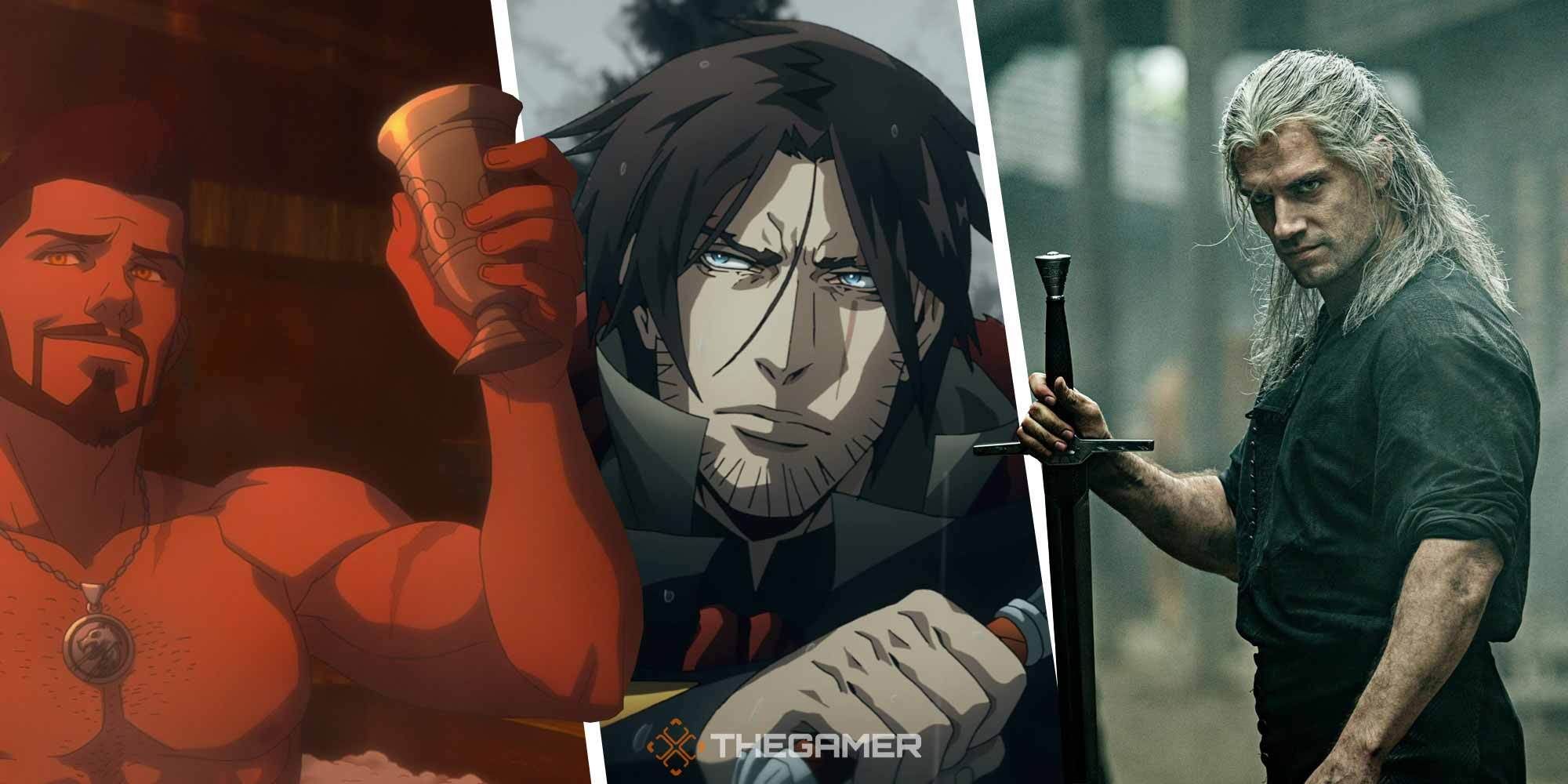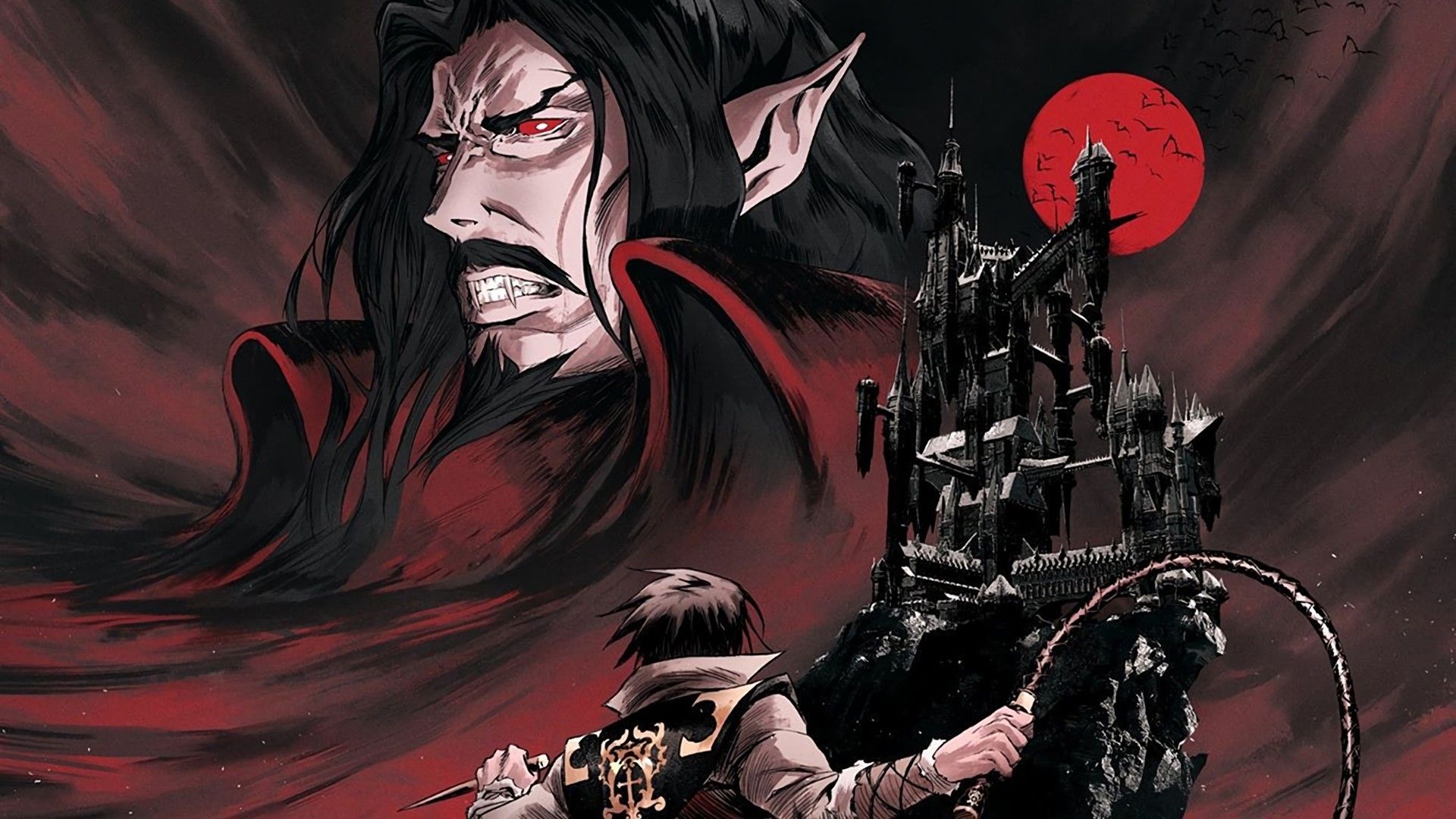Video game adaptations aren’t always good. In fact, most of them are kinda bad. Unless they’re animated or coming from the original creators, films based on our favourite video game series often fall short of expectations - or worse, completely bastardise what we love so much about them. Examples of this happening are countless, to the extent that there are only a few rare exceptions to this mediocrity. Netflix is changing this perception, offering a way for creators to explore and expand stories that originated in games from a new, far more malleable perspective. As opposed to films, TV series are the future of gaming adaptations, and for good reason.
This train of thought entered my mind with the latest trailer for The Witcher: Nightmare of the Wolf, an animated film that aims to expand upon the narrative and world of the beloved property instead of retelling it with irksome interpretations of popular characters, themes, and locations. It understands the value of the original games, knowing that the best approach is to build on their successes instead of pushing them aside in favour of a hubristic vision that treats video games like a burden. Henry Cavill’s live-action series spun a similar tale, pulling from the novels to create a slice of creative brilliance that engrossed millions of viewers.
Resident Evil did the exact opposite, the films being so fundamentally detached from the games that they morphed into a homogenous sequence of awful action flicks. They’re bad because they refuse to acknowledge the games that inspired them, and we’ve seen this happen again and again in Hollywood whenever games are involved. Doom, Silent Hill, Alone in The Dark, House of the Dead, Bloodrayne, Far Cry, Super Mario - the list of stinkers is endless, and I swear one of the only exceptions to the rule is Sonic The Hedgehog. The world of cinema doesn’t understand video games, and it took streaming services coming along and trying something different to show that good examples are possible.
While some of the 3D animation in Nightmare of the Wolf had me cringing, everything else about it hints towards an adaptation that knows exactly what made the games work. It’s witty, dramatic, and aware of the lore that acts as the foundation for Geralt’s trio of adventures. Without the games or the novels that inspired them, this animated film wouldn’t exist, so it’s wise to pay respect and build upon them wherever possible. Casting Vesemir as the protagonist is a stroke of genius, largely because mainstream fans will only know him as a grumpy old man who spends his time vibing in Kaer Morhen or adventuring with Geralt. Here, he’s a Witcher in his prime, working alongside fellow monster hunters towards a common goal.
The Trial of the Grasses is also heavily referenced in the trailer, offering fans a familiar concept they can expect to be explored in greater depth from a new perspective. Like I said before, it’s toying with the familiar while applying layers of nuance that don’t seek to rock the boat - it just intends to take it on a voyage we’ve never seen before. I’m not the biggest Witcher fan in the world - that honour goes to Cian Maher - but I’ve always adored supplemental material that aims to make the worlds and characters I love matter, to show their value beyond the games that birthed them. I even love Final Fantasy 7: Advent Children, so you know I’d devour anything that’s thrown at me.
Nightmare of the Wolf feels infinitely more confident in its story, aware of the series’ reputation, and cognizant of how it can complement whatever plans it has for the future. This reassured identity can be found in Castlevania, a stunning Netflix adaptation that is loosely based on Konami’s beloved video game series, but does so much more with its world and characters than anybody could have expected. It’s bold, bloody, sexy, and endlessly ambitious in how it explores the lore of the games that inspired it alongside classic Gothic literature. People adore this show, and I was foolish for taking so long to watch it.
Castlevania, The Witcher, and Nightmare of the Wolf are just a few examples of gaming adaptations abandoning cinema in favour of a more experimental model, series that can justify staying faithful to the source material without butchering it to appease Hollywood overlords. Not everything is going to be perfect, but the consistent level of quality is evidence enough that this is the right way forward. Young Vesemir is also very sexy, so that’s a plus.


